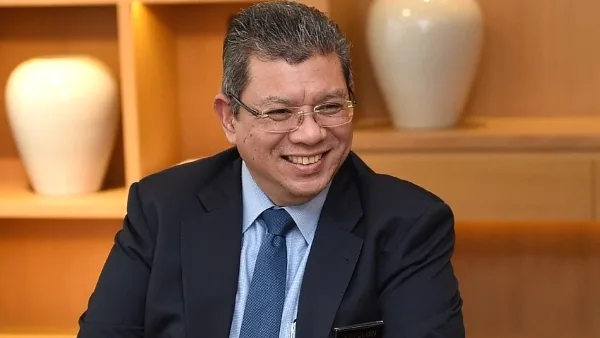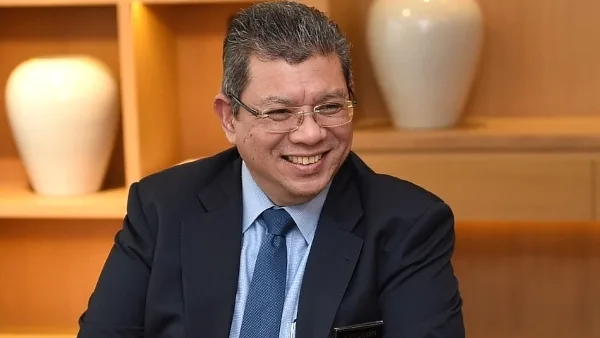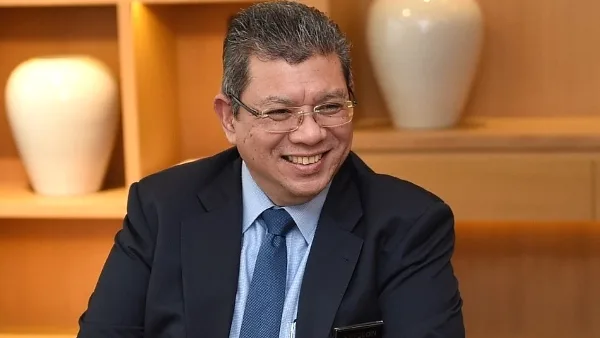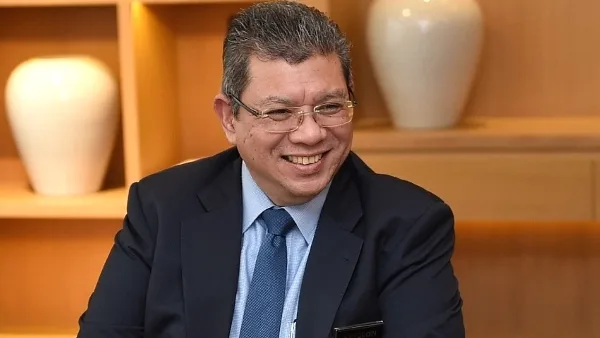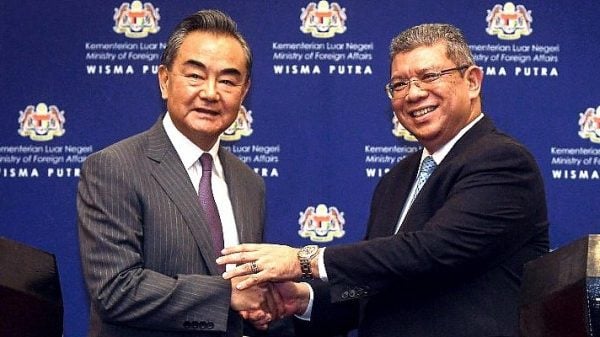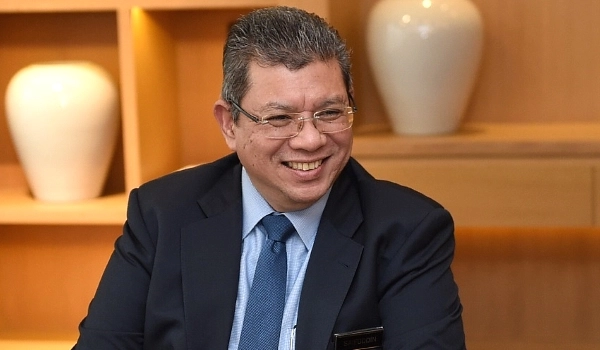
Of the many efforts that can be made to educate the youth on political participation, the best approach is to empower youth for “self-government”.
This starts with students/youth voting for their leaders in various institutions/levels related to them.
This can be followed by the representation of the selected students/youth to become leadership partners with the main leadership of the various institutions/levels, namely involvement in the structure and decision-making process.
This is not a matter of creating a mock parliament. It’s a matter of self-government that is truly practiced.
Self-government can be implemented in several categories. First, students practice self-government among themselves; second, students practice co-government or partner-leadership with school/university administration; and third, students/youth practice co-government, together with certain authorities in society outside their institutions/organizations.
If students/youth are not educated by actually voting, self-managing the organization, being leadership partners alongside relevant key leaders and enjoy the benefits of democracy from a young age, then it is not surprising when in the end, they are less interested in general elections, politics and democracy.
Thus, although there are various factors causing the lack of interest, the best answer is to empower them to truly practice, in fact, democracy from a young age.
Self-government in institutions
In schools/universities, among the things that students should participate in are to:
– Establish student unions/representative councils and various associations/clubs as well as leadership election committee.
– Manage the elections of the student representative council, prefects, library prefects, leaders of sports houses, associations, board of directors of school co-operatives and committees for hostels, canteens, surau, etc.
– Self-manage all unions, councils, associations/student clubs.
– Hold an annual general meeting.
Co-government in institutions
In schools, among the student representations that need to be created are:
– Student representatives as members of the board of governors/school advisors, parent-teacher associations (PTA), alumni and committees on academic, examinations, teacher performance appraisal, physical development and student affairs.
– Student representatives as members of the selection committees of the teams (sports, debates, etc.) that represent the school.
– In universities, student representatives as members of committees, for example, university management board, senate, student welfare, development, and student affairs, faculties, departments, residential colleges etc.
Leadership partner in governing outside institutions
For the youth movement, representation needs to be created in all fields and at every level.
For example, the Senate, local government councils, state government committees, district administrations, chambers of commerce, CSOs, local communities, mosques and houses of worship, etc.
In conclusion, the desire to see an active and full youth political participation requires a radical approach, including enabling youth to self-govern.
(Datuk Seri Saifuddin Abdullah is the Minister of Foreign Affairs and Member of Parliament for Indera Mahkota.)
ADVERTISEMENT
ADVERTISEMENT






